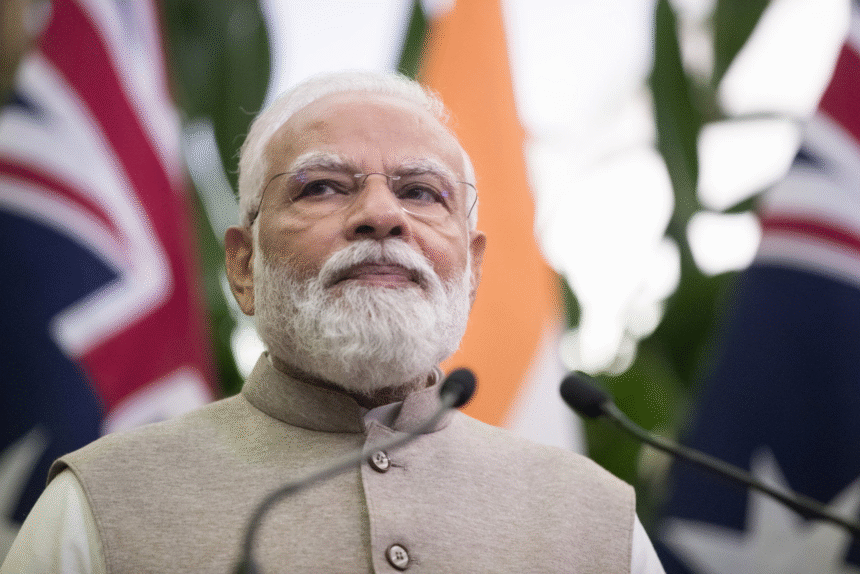Prime Minister Narendra Modi is expected to address the annual high-level session of the United Nations General Assembly (UNGA) in September, according to a provisional list of speakers released by the UN.
The 80th UNGA session will commence on September 9, with the high-level General Debate scheduled from September 23 to 29. Brazil will traditionally speak first, followed by the United States.
US President Donald Trump is set to address world leaders from the iconic UNGA podium on September 23, marking his first speech to the UN session during his second term in the White House.
According to the provisional list of speakers for the high-level debate of the 80th UNGA session, India’s Prime Minister Narendra Modi, listed as “Head of Government (HG),” will address the assembly on the morning of September 26. On the same day, the Heads of Government of Israel, China, Pakistan, and Bangladesh are also scheduled to speak.
Modi had visited the US in February for a bilateral meeting with Trump at the White House in Washington, DC. In a joint statement, both leaders announced plans to negotiate the first phase of a multi-sector Bilateral Trade Agreement (BTA) by fall 2025. Despite ongoing trade talks, Trump imposed tariffs totaling 50% on India, including a 25% levy on New Delhi’s Russian oil imports, effective from August 27. India’s Ministry of External Affairs called the tariffs “unjustified and unreasonable,” adding that the country would take all necessary steps to safeguard its national interests and economic security.
Last week’s announcement of the additional 25% tariff coincides with a US team scheduled to visit India from August 25 for the sixth round of BTA negotiations, aiming to conclude the first phase by October–November.
The UNGA speaker list remains provisional and may be updated in the coming weeks. The high-level session, often considered the UN’s “busiest diplomatic season,” takes place every September and this year occurs amid the ongoing Israel-Hamas conflict and the war in Ukraine.
Trump has claimed credit for resolving several conflicts during the first six months of his second term, including agreements involving Armenia-Azerbaijan, Cambodia-Thailand, Israel-Iran, Rwanda-DR Congo, Egypt-Ethiopia, and Serbia-Kosovo. He has also stated that he helped stop the May conflict between India and Pakistan. (Agencies)

